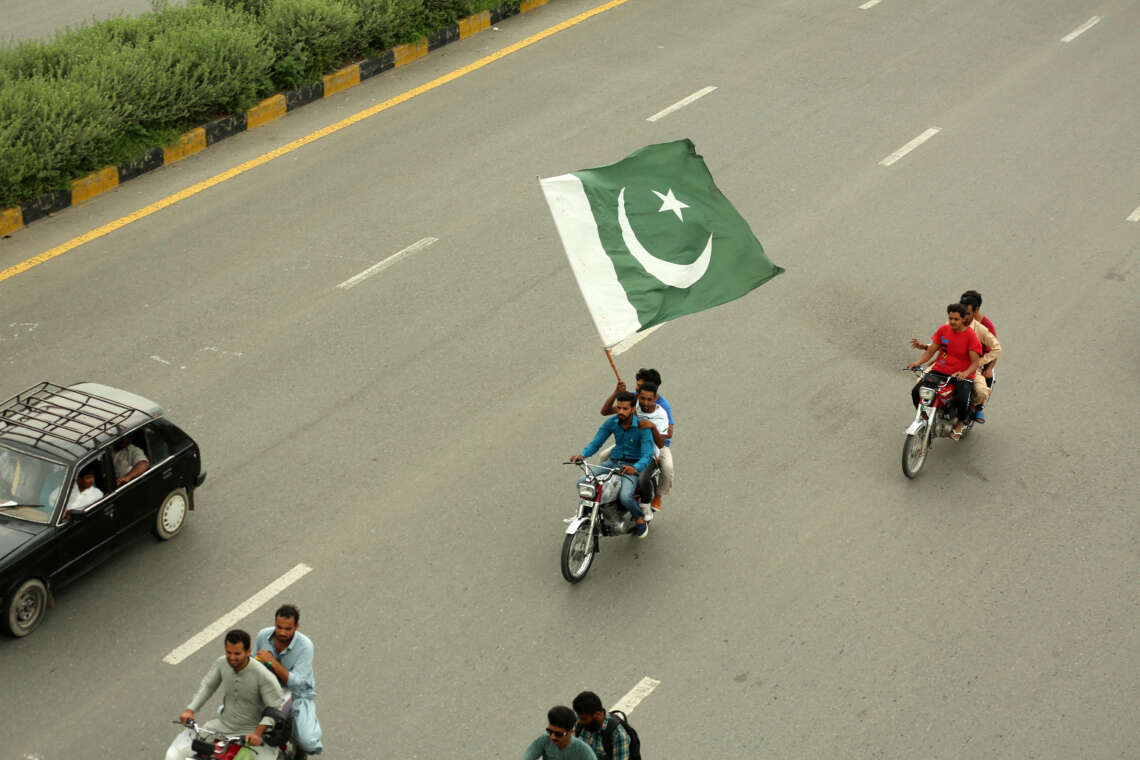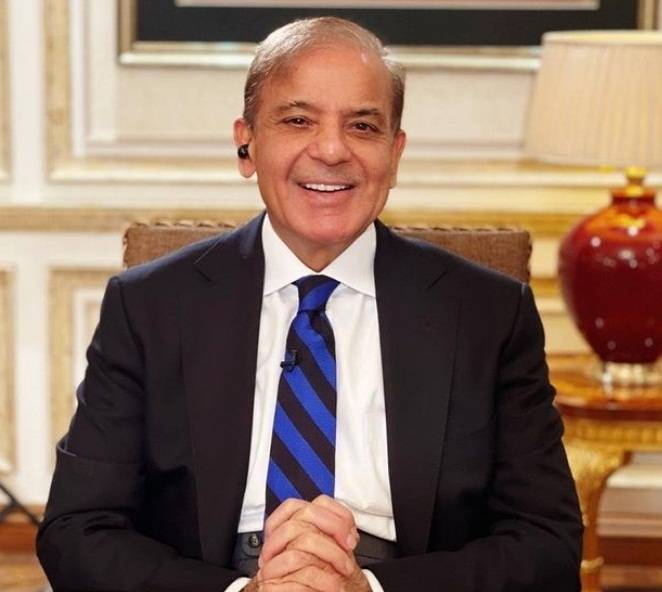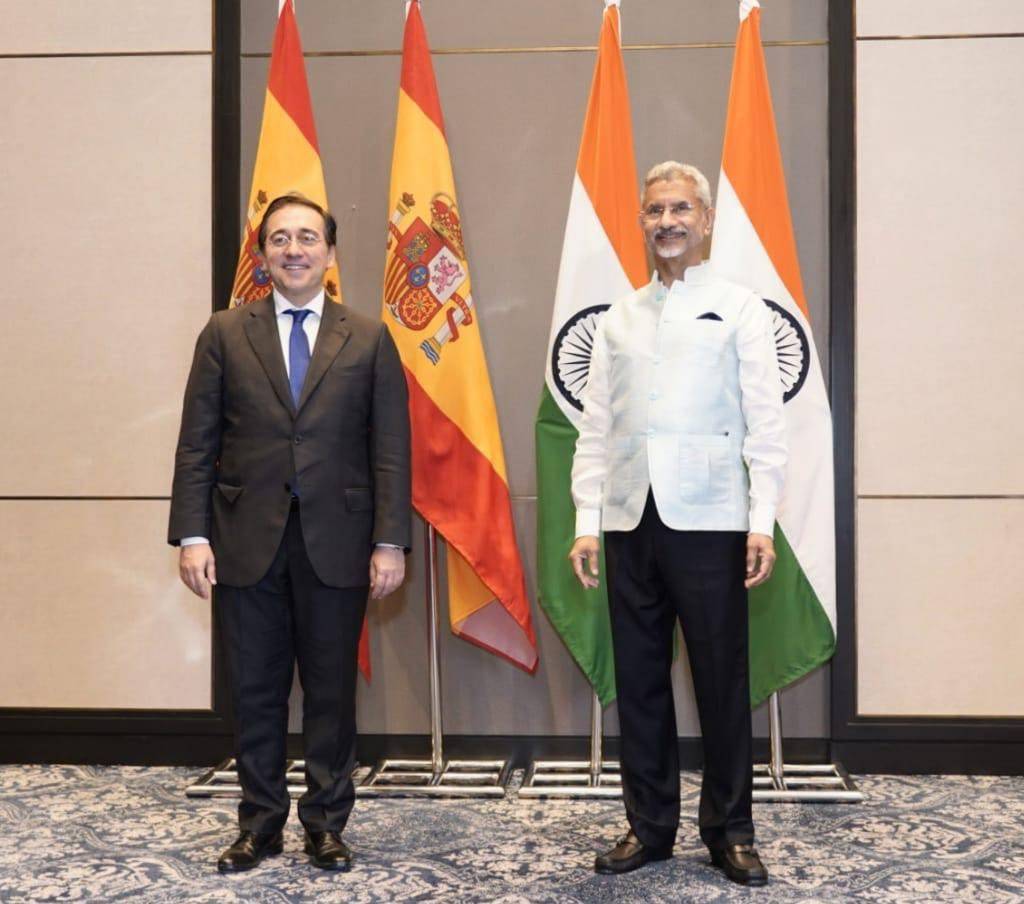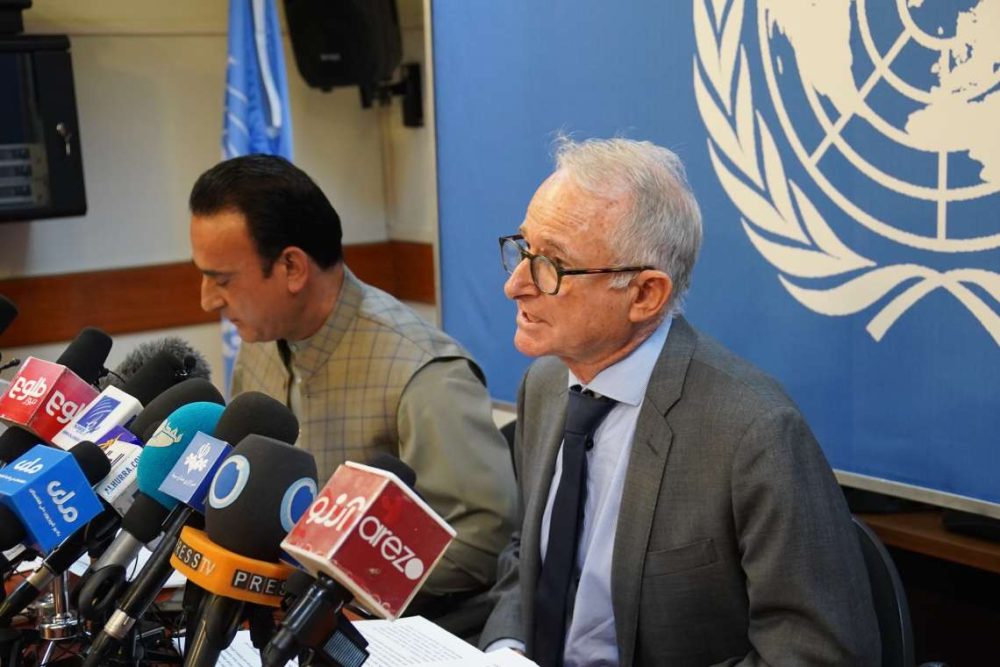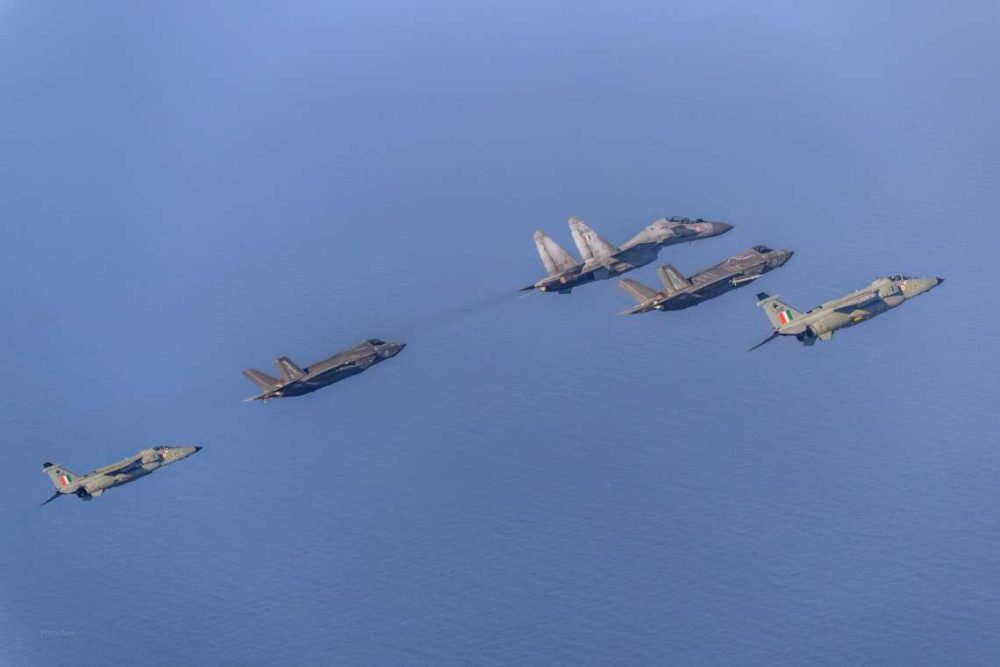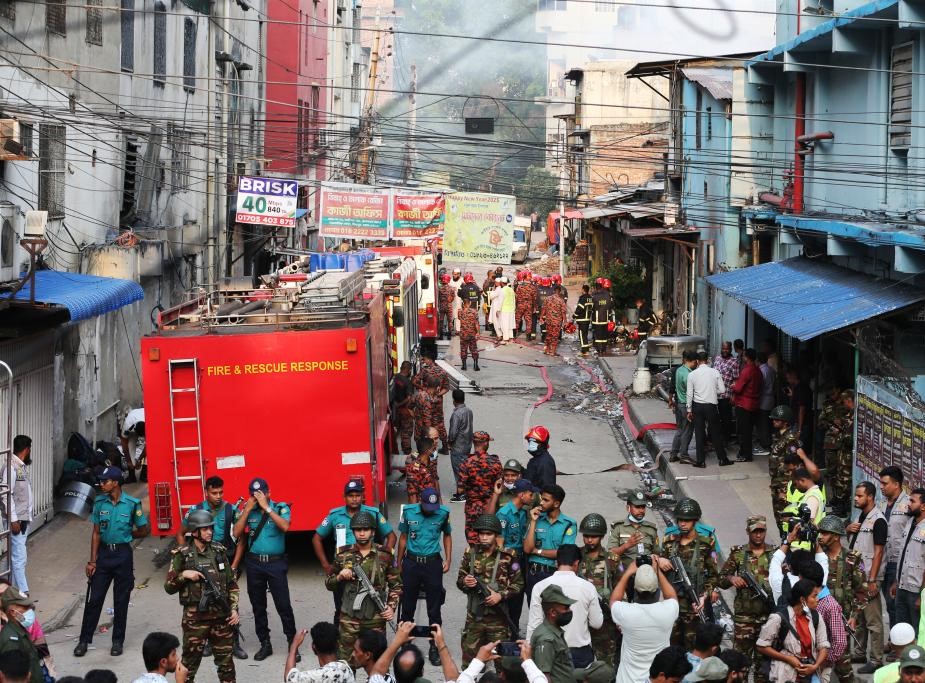The plea came as Pakistan’s foreign currency reserves continue to fall rapidly — putting pressure on the government to cut high import costs and keep funds in the country…reports Asian Lite News
People in Pakistan have been asked to reduce the amount of tea they drink to keep the country’s economy afloat, media reports said.
Sipping fewer cups a day would cut Pakistan’s high import bills, Federal Minister for Planning Ahsan Iqbal said, BBC reported.
The country’s low foreign currency reserves — currently enough for fewer than two months of all imports — have left it in urgent need of funds.
Pakistan is the world’s largest importer of tea, buying more than $600m worth last year.
“I appeal to the nation to cut down the consumption of tea by one to two cups because we import tea on loan,” Iqbal said, according to Pakistani media.
Business traders could also close their market stalls at 20:30 to save electricity, he suggested.
The plea came as Pakistan’s foreign currency reserves continue to fall rapidly — putting pressure on the government to cut high import costs and keep funds in the country, BBC reported.
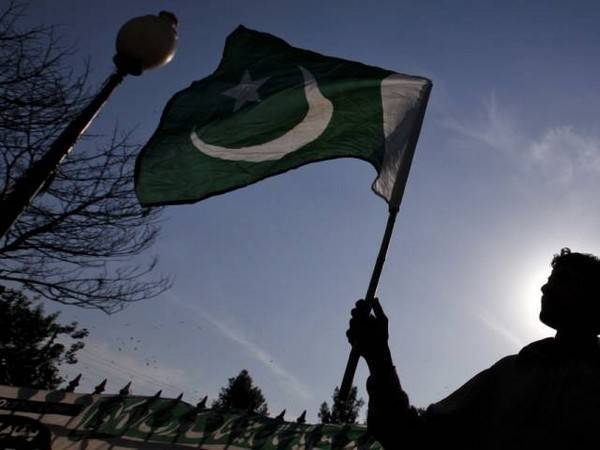
The request to reduce tea drinking has gone viral on social media, with many doubting the country’s serious financial problems can be addressed by cutting out the beverage.
Pakistan’s foreign exchange reserves dropped from around $16 billion in February to less than $10 billion in the first week of June, barely enough to cover the cost of two months of all its imports.
Last month, officials in Karachi restricted the import of dozens of non-essential luxury items as part of their bid to protect funds.
Meanwhile, Pakistan Finance Minister Miftah Ismail announced that the government was not in a position to bear subsidies on petroleum products anymore, therefore, it has decided to increase the prices of petrol by 24.03 PKR, taking it to a record high of 233.89 PKR per litre.
Starting from Thursday, the price of petrol will be 233.89 PKR per litre, diesel will be 263.31 PKR, kerosene oil will be sold for 211.43 PKR, and the price of light diesel oil will be 207.47 PKR, Geo News quoted the Minister as saying.
At the beginning of the press briefing, Ismail, who was flanked by State Minister for Petroleum Musaddaq Malik, criticised the previous government’s policies that, according to him, “deteriorated the country’s economy”.
“Imran Khan had deliberately reduced the prices of petrol by giving subsidies,” Ismail said, adding that the incumbent government was bearing the brunt of those decisions.
He said that currently, Pakistan, on every litre, was bearing a loss of 24.03 PKR on petrol, 59.16 PKR diesel, 39.49 PKR kerosene oil, and 39.16 PKR on light diesel oil, Geo News reported.
He said that in May, this loss had gone past 120 billion PKR, three times greater than running the expenses of the civil government, which amounts to 40 million PKR.
Reacting to the development, PTI leader Fawad Chaudhry took to Twitter and announced that his party had rejected the hike in petroleum products.





